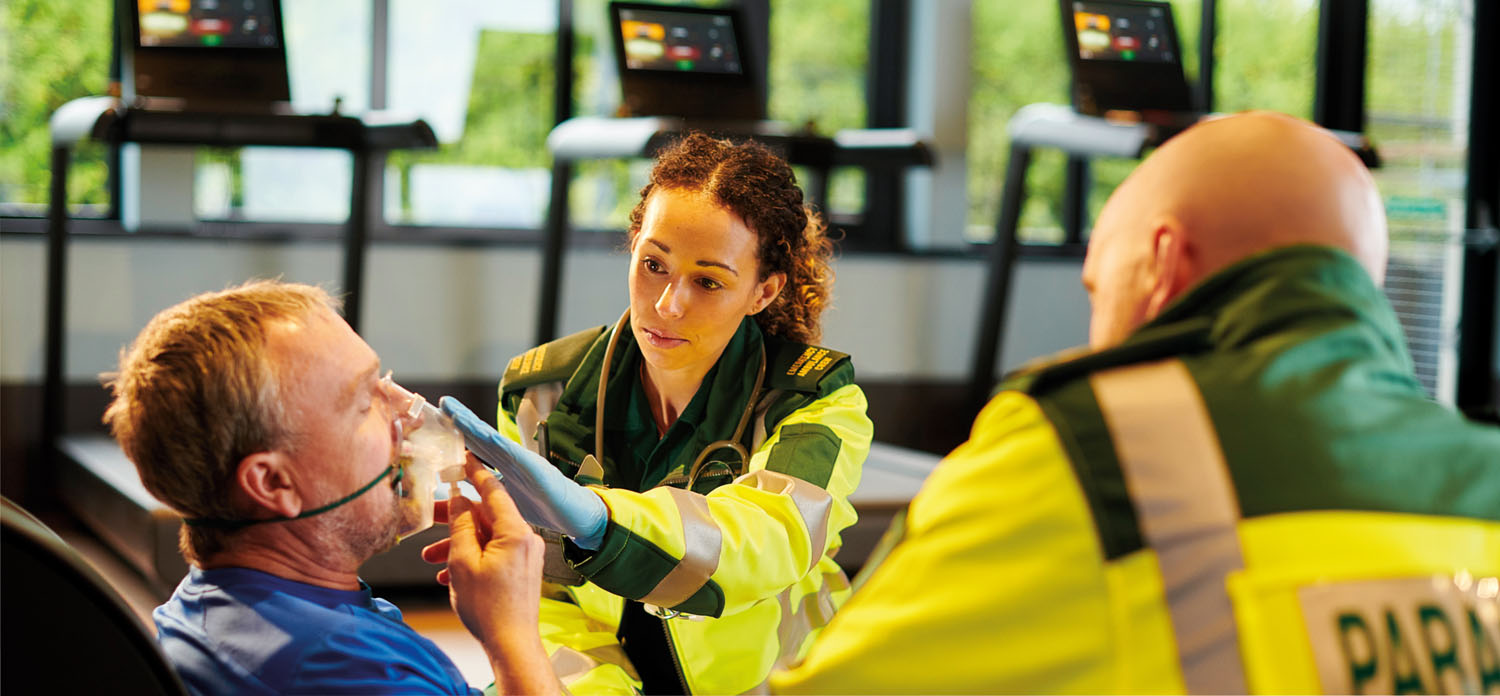 https://www.cmf.org.uk/wp-content/uploads/2025/06/AdobeStock_37004591-scaled.jpeg
1369
2560
christianmf
https://www.cmf.org.uk/wp-content/uploads/2023/08/CMF-Logo-MONO-TRANSPARENT-340px.png
christianmf2025-06-20 14:36:452025-06-20 14:36:45God is love – this and every week
https://www.cmf.org.uk/wp-content/uploads/2025/06/AdobeStock_37004591-scaled.jpeg
1369
2560
christianmf
https://www.cmf.org.uk/wp-content/uploads/2023/08/CMF-Logo-MONO-TRANSPARENT-340px.png
christianmf2025-06-20 14:36:452025-06-20 14:36:45God is love – this and every week https://www.cmf.org.uk/wp-content/uploads/2025/06/AdobeStock_37004591-scaled.jpeg
1369
2560
christianmf
https://www.cmf.org.uk/wp-content/uploads/2023/08/CMF-Logo-MONO-TRANSPARENT-340px.png
christianmf2025-06-20 14:36:452025-06-20 14:36:45God is love – this and every week
https://www.cmf.org.uk/wp-content/uploads/2025/06/AdobeStock_37004591-scaled.jpeg
1369
2560
christianmf
https://www.cmf.org.uk/wp-content/uploads/2023/08/CMF-Logo-MONO-TRANSPARENT-340px.png
christianmf2025-06-20 14:36:452025-06-20 14:36:45God is love – this and every week
Why I oppose ‘assisted dying’: A South Asian psychiatrist’s perspective
As someone who has worked as a psychiatrist in the NHS for almost three decades, I’ve sat with hundreds…

Who benefits from abortion decriminalisation? Women or abortion providers?
The recent case of Nicola Packer has attracted a good deal of attention. The public response has been…

when doctors suggest death: an ethical response to clause 5(2)
The amended Terminally Ill Adults (End of Life) Bill has been published ahead of the third reading and…

God is love – this and every week
This week, our nation has walked across the Rubicon. Abortion will be decriminalised. Assisted suicide…

Why I oppose ‘assisted dying’: A South Asian psychiatrist’s perspective
As someone who has worked as a psychiatrist in the NHS for almost three decades, I’ve sat with hundreds…

Who benefits from abortion decriminalisation? Women or abortion providers?
The recent case of Nicola Packer has attracted a good deal of attention. The public response has been…

when doctors suggest death: an ethical response to clause 5(2)
The amended Terminally Ill Adults (End of Life) Bill has been published ahead of the third reading and…

God is love – this and every week
This week, our nation has walked across the Rubicon. Abortion will be decriminalised. Assisted suicide…

Why I oppose ‘assisted dying’: A South Asian psychiatrist’s perspective
As someone who has worked as a psychiatrist in the NHS for almost three decades, I’ve sat with hundreds…

Who benefits from abortion decriminalisation? Women or abortion providers?
The recent case of Nicola Packer has attracted a good deal of attention. The public response has been…

when doctors suggest death: an ethical response to clause 5(2)
The amended Terminally Ill Adults (End of Life) Bill has been published ahead of the third reading and…

